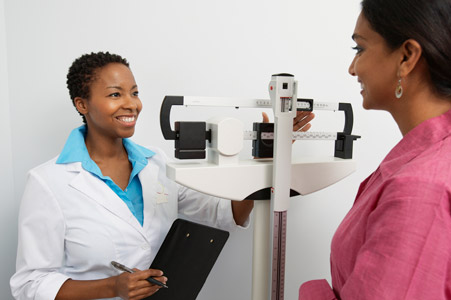


How GLP-1 Medications Can Affect Appetite
For lots of patients, appetite can play a large factor in weight management journeys. There are many genetic factors that play a role in how often you’re hungry and what kinds of food you crave.
As the class of drugs known as GLP-1s has become more popular, many patients completing these treatments have found that their appetites have changed or certain cravings have become easier to manage.
In this article, we’ll explore how GLP-1 medications work and how they can possibly affect appetite.
How GLP-1 Medications Work
GLP-1 medications mimic glucagon-like peptide-1, a naturally occurring hormone in our bodies that helps regulate blood sugar levels. These drugs help lower blood sugar levels by stimulating insulin release and inhibiting glucagon secretion. Additionally, they slow down gastric emptying, leading to a more gradual absorption of glucose, and reduce appetite — all of which aid in weight loss.
How GLP-1 Can Affect Appetite
According to the Cleveland Clinic, GLP-1 medications can affect patients’ appetite by two different mechanisms.
The first is by slowing down the rate at which a patient’s stomach empties during the digestion process. In general, GLP-1 drugs slow down the entire digestion process. When your digestion is slowed, it means that your body will release smaller amounts of glucose from your meal into your bloodstream. This curbing of blood sugar levels is one of the core intended effects of GLP-1s.
The second way GLP-1 drugs can affect appetite is through the sensation of satiety, or feeling of fullness. GLP-1 medications are thought to affect the areas of your brain that process hunger and satiety. Many patients also report that their “food noise” or persistent thoughts around food and cravings subside during the course of their treatments.
If you’re looking for ways to manage your blood sugar, or want to explore chronic weight management treatments, reach out to your doctor to see if GLP-1s could possibly work for you.
The information on this site is for informational purposes only and should not replace direct medical advice, diagnosis, or treatment from your doctor or another qualified healthcare provider.
Sources:


.jpg)
.jpg)
.jpg)


















.jpg)





















.jpg)








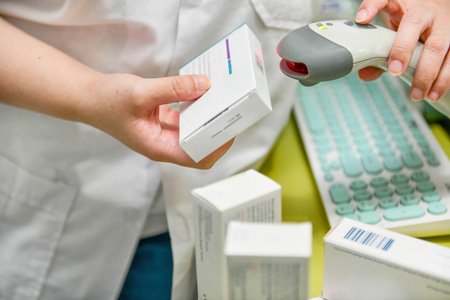
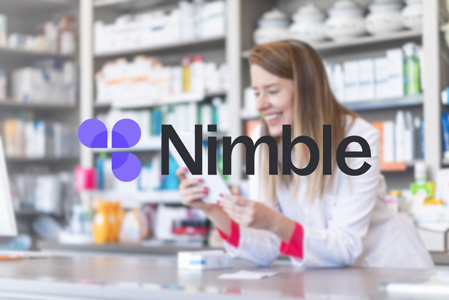




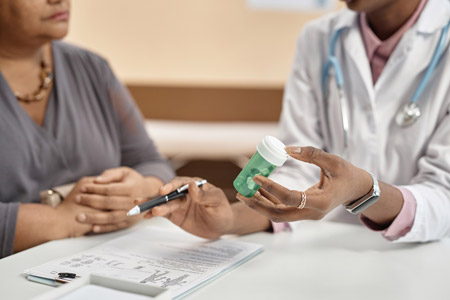


.jpg)






















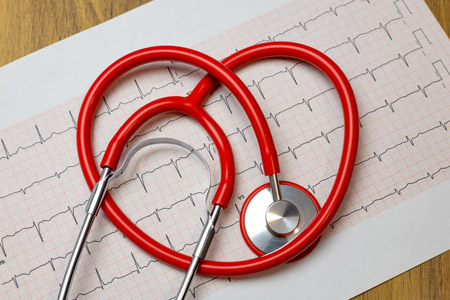
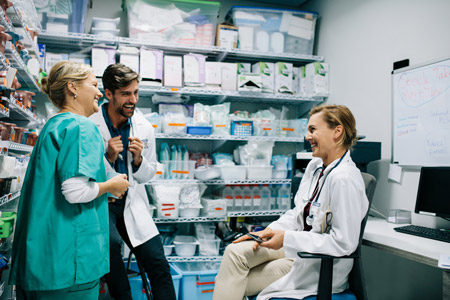


.jpg)
.jpg)
.jpg)


